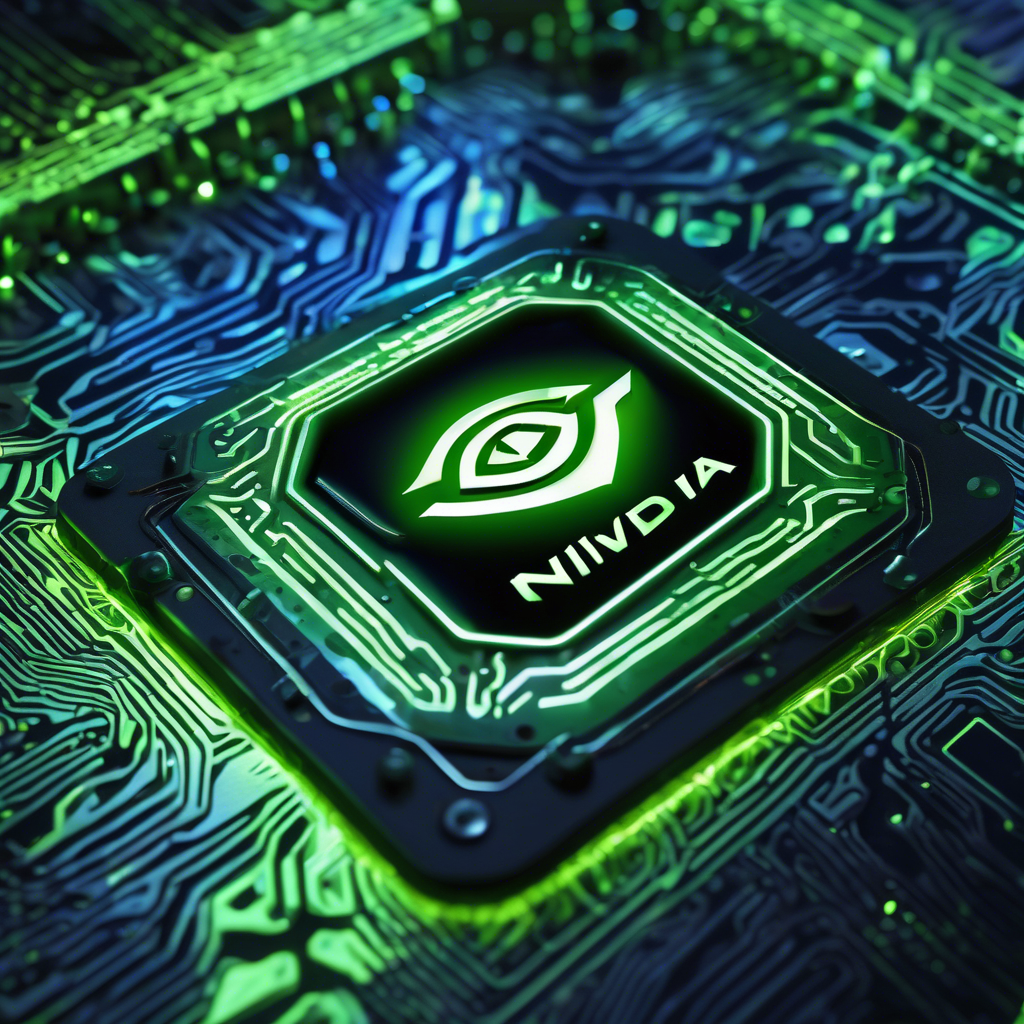Blockchain Regulatory Certainty Act Clarifies Developer Roles and Supports US Innovation

Bill Clarifies That Developers Who Don’t Custody Funds Aren’t Money Transmitters Industry groups support the Blockchain Regulatory Certainty Act (BRCA) to help the U. S. maintain leadership in blockchain innovation. However, the bill faces challenges amid political disagreements and concerns surrounding cryptocurrency. Reintroduced in Congress, the BRCA aims to protect digital asset developers through a bipartisan effort led by Representatives Tom Emmer and Ritchie Torres, members of the Congressional Crypto Caucus. The legislation explicitly states that developers who do not handle customer funds are not classified as money transmitters. The BRCA seeks to establish clear regulatory boundaries for blockchain developers by distinguishing those who facilitate transactions from those who do not. This differentiation is intended to enable developers to concentrate on innovation without unnecessary regulatory burdens. Protecting Blockchain Developers To prevent additional regulations, the bill separates developers from money transmitters, meaning those creating blockchain technology without managing financial transactions won’t be subject to strict money transmission laws. This distinction is critical to fostering innovation in the U. S. digital asset sector. Representative Emmer warned that without prompt legislative action, there is a real risk that blockchain development will move overseas.
“The longer we delay this commonsense clarification, the greater the risk that this transformative technology is pushed overseas, ” he emphasized. Proponents argue that the BRCA will safeguard American innovators and uphold the U. S. ’s position as a global leader in blockchain technology. Bipartisan and Industry Support The BRCA has garnered support from prominent industry groups such as the Blockchain Association and the Crypto Council for Innovation, who see it as vital to creating a stable framework for digital asset expansion. Nevertheless, its prospects remain uncertain due to ongoing political divisions. Under the BRCA, developers who do not custody consumer funds would not be considered money transmitters, reducing regulatory hurdles, notably for open-source developers. Despite this backing, the bill faces opposition in Washington. Some Democratic lawmakers have expressed concerns about other cryptocurrency-related legislation, while former President Trump’s connections to the crypto space and involvement with the TRUMP memecoin have sparked additional scrutiny among legislators. Crypto Regulation Intensifies in the U. S. Other legislative efforts addressing crypto regulation are also underway. The GENIUS Act, focusing on stablecoin regulation, has passed an initial cloture vote, and the STABLE Act, which governs stablecoin usage, continues to progress through Congress. While federal consensus remains elusive, several states are taking independent steps to regulate cryptocurrency. For instance, Texas’ state Senate recently approved a bill to establish a Bitcoin reserve. The BRCA is part of broader attempts to clarify cryptocurrency regulations. With bipartisan backing and support from major industry players, the bill has the potential to shape the future regulatory landscape for blockchain technology in the United States.
Brief news summary
The Blockchain Regulatory Certainty Act (BRCA), reintroduced by Representatives Tom Emmer and Ritchie Torres, seeks to clarify that digital asset developers who do not custody customer funds should not be classified as money transmitters. This distinction aims to ease regulatory burdens on blockchain developers who avoid handling customer transactions, thereby promoting innovation and preventing the migration of talent and technology overseas. The bipartisan bill has strong support from major industry groups like the Blockchain Association and the Crypto Council for Innovation, highlighting its role in sustaining U.S. leadership in blockchain technology. Despite this, the BRCA faces challenges due to political divisions, with some Democrats expressing concerns about broader cryptocurrency regulations and controversies linked to former President Trump’s crypto activities. Meanwhile, other crypto-related legislation, including stablecoin regulations, advances in Congress, and states like Texas are developing their own digital asset policies. Overall, the BRCA is a crucial effort to establish clear, balanced crypto regulations in the U.S., backed by both lawmakers and industry stakeholders.
AI-powered Lead Generation in Social Media
and Search Engines
Let AI take control and automatically generate leads for you!

I'm your Content Manager, ready to handle your first test assignment
Learn how AI can help your business.
Let’s talk!

7 Best Crypto Coins To Buy | Game-Changing Projec…
Cryptocurrency markets are witnessing renewed activity as global trends push blockchain innovation and adoption forward.

Nvidia Signals Plans to Maintain AI Dominance Ami…
Nvidia CEO Jensen Huang recently made a notable visit to Taiwan during the Computex trade fair, generating significant excitement dubbed "Jensanity." During his trip, Huang engaged with Taiwan’s tech community and highlighted Nvidia's strategic direction amid the evolving AI infrastructure landscape and geopolitical challenges.

Best Crypto Mining Sites In 2025
In 2025, cryptocurrency mining continues to be an attractive source of passive income, with cloud mining gaining popularity as an alternative to traditional hardware-based mining.

OpenAI's Recent Developments in AI Infrastructure…
OpenAI, a leading artificial intelligence research and deployment company, has announced two major developments signaling its ambitious expansion in AI infrastructure and hardware.

Google launches $250 per month 'VIP' AI subscript…
Google is launching a new artificial intelligence subscription service called "Google AI Ultra," which provides exclusive access to the company’s most advanced AI products.

Chainlink Price Faces 30% Decline as Exchange Inf…
Chainlink’s native cryptocurrency, LINK, has seen a significant drop in market value over the past 48 hours, declining by around 16 percent.

Report: Apple to Introduce AI-Enhanced Smart Glas…
Apple reportedly intends to launch artificial intelligence (AI)-enhanced smart glasses aimed at rivaling Meta’s Ray-Bans.

 Auto-Filling SEO Website as a Gift
Auto-Filling SEO Website as a Gift








 Auto-Filling SEO Website as a Gift
Auto-Filling SEO Website as a Gift

